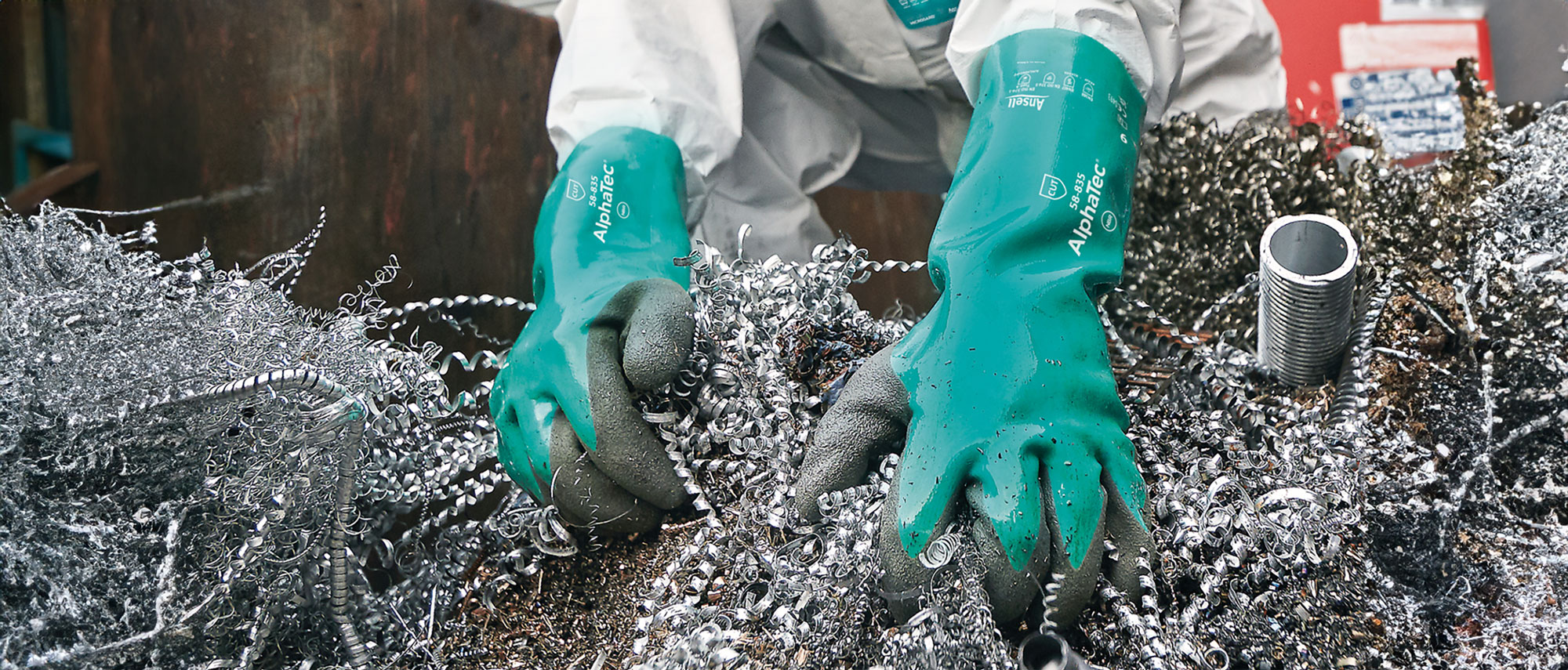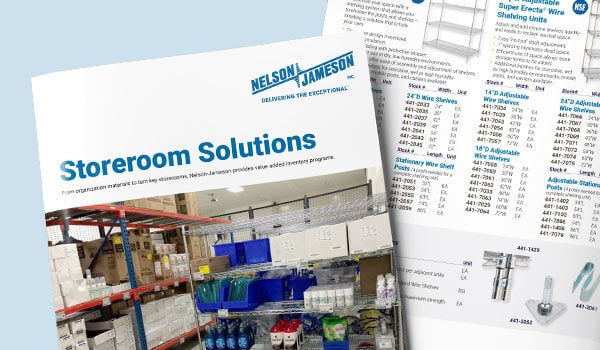
In the food manufacturing industry, efficient inventory management is crucial for maintaining smooth operations and profitability. One powerful strategy gaining popularity is vendor-managed inventory (VMI).
So, what is a VMI program? It's a supply chain strategy where the supplier takes on the responsibility of maintaining and replenishing your inventory. Instead of your team constantly monitoring stock levels and placing orders, your vendor tracks your usage and automatically ensures you have the necessary materials when you need them.
For food manufacturers, implementing VMI can lead to significant improvements:
Solutions like SupplyRITE also offer vendor-managed inventory as an option, where Nelson-Jameson takes care of everything from initial stocking to ongoing replenishment of vending machines and storerooms. This full-service approach removes the burden of inventory management from your team.
Considering the increasing pressures on supply chains and the constant need for efficiency in food manufacturing, exploring a VMI program can be a game-changer. It lets you focus on your core business – producing high-quality food products – while ensuring your essential supplies are always readily available.


February 11, 2026
There is a critical link between worker safety and food safety, and nowhere is this more apparent than w...

February 3, 2026
Ensuring the safety and quality of dairy products requires a robust framework combining rigorous testing...

January 12, 2026
Gloves can force a choice between comfort and protection. But compliance, efficiency in usage, and worke...

Inventory Management